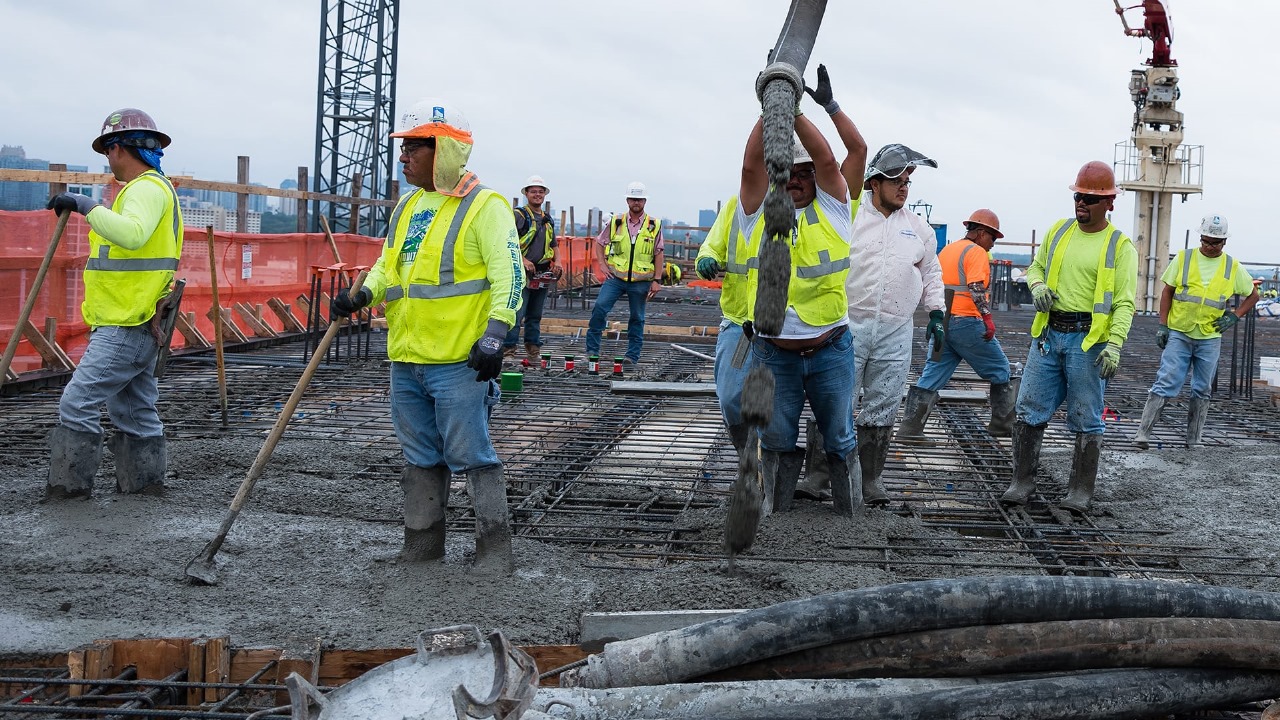The construction industry is no stranger to innovation, but the past decade has seen an unprecedented surge in technological advancements that are reshaping the way we build, design, and manage projects. These changes are not only improving safety and efficiency but also creating entirely new opportunities for careers in construction.
From drones surveying job sites to 3D printers producing building components, the tools and methods used today are far from the manual, paper-based processes of the past. Understanding how these technologies impact the industry can help workers at every skill level adapt, grow, and thrive.
The Digital Shift in the Construction Industry
Technology has become an integral part of the construction process, touching every stage from planning to project completion. This digital shift is opening the door to new skills, career paths, and ways of working.
Key drivers of change include:
- Automation and robotics for repetitive or hazardous tasks
- Data analytics and Building Information Modeling (BIM) for improved planning
- Wearable tech and safety sensors to enhance job site safety
- Cloud-based collaboration tools for real-time communication
These tools are not replacing workers—they’re empowering them to work more accurately, efficiently, and safely.
How Technology is Creating New Career Opportunities
The integration of modern technology has expanded the definition of what it means to work in construction. While traditional roles like carpenters, electricians, and masons remain essential, new technology-driven positions are emerging.
Drone Operators and Survey Technicians
Drones can quickly map and inspect sites, reducing the need for manual surveys. Certified drone operators are now in demand to capture aerial imagery, monitor progress, and ensure safety compliance.
BIM Specialists
Building Information Modeling creates digital twins of construction projects, allowing teams to simulate and optimize before building. BIM specialists manage these models, coordinating with architects, engineers, and contractors.
Construction Technologists
This role bridges the gap between field crews and IT, implementing new tools such as augmented reality (AR) and project management software.
Sustainability and Green Building Experts
With technology enabling more energy-efficient designs, specialists in eco-friendly construction methods are becoming essential to modern projects.
The Impact on Traditional Careers in Construction
Far from replacing human skill, technology is enhancing traditional construction roles.
- Carpenters now use laser measuring tools for precision.
- Electricians work with smart home systems and automated building controls.
- Project managers leverage real-time data from job site apps to make faster, better decisions.
Workers who embrace these tools gain a competitive edge, positioning themselves for higher-paying and more secure roles.
Essential Tech Skills for Today’s Construction Professionals
To remain competitive in careers in construction, professionals should develop a blend of traditional skills and tech proficiency.
Digital Literacy
Familiarity with software like AutoCAD, Revit, or project management platforms such as Procore is increasingly valuable.
Data Analysis
Understanding how to interpret site data, productivity metrics, and budget forecasts can lead to better decision-making.
Equipment Operation with Tech Integration
Modern machinery often comes equipped with GPS guidance, automated controls, and performance monitoring systems.
Investing in these skills can lead to faster promotions and greater job security.
How Technology Improves Safety in Construction
Safety is a top priority in construction, and technology is making job sites safer than ever.
- Wearable devices track workers’ movements and alert them to potential hazards.
- Drones can inspect dangerous areas without putting workers at risk.
- AI-powered monitoring systems detect unsafe conditions in real-time.
By reducing accidents and improving compliance, technology not only saves lives but also lowers costs for employers—benefiting the industry as a whole.
Continuous Learning: The Key to Staying Relevant
The pace of technological change means that continuous learning is no longer optional—it’s essential. Professionals in careers in construction should regularly update their skills through:
- Industry certifications in new tools and technologies
- Workshops and seminars offered by trade associations
- Online courses in BIM, AR, VR, and data analytics
Those who commit to lifelong learning will find themselves in high demand, regardless of how the industry evolves.
The Future of Technology in Construction
Looking ahead, the integration of artificial intelligence, robotics, and advanced materials will continue to redefine careers in construction. Expect to see:
- Greater use of 3D printing for building components
- Robotic bricklayers and automated machinery taking on repetitive tasks
- Virtual reality training programs for safer, faster onboarding of workers
These innovations promise not only greater efficiency but also exciting, tech-driven career opportunities.
Conclusion: Building a Career in the Digital Construction Era
Technology is no longer a supporting player in construction—it’s a driving force. For professionals willing to adapt, it offers a path to greater efficiency, higher earnings, and more dynamic roles.
Whether you’re an experienced tradesperson learning to work with digital tools or a newcomer entering a tech-focused position, embracing innovation will ensure your place in the future of careers in construction.
The buildings of tomorrow will be smarter, greener, and faster to construct—and so will the professionals who create them.



